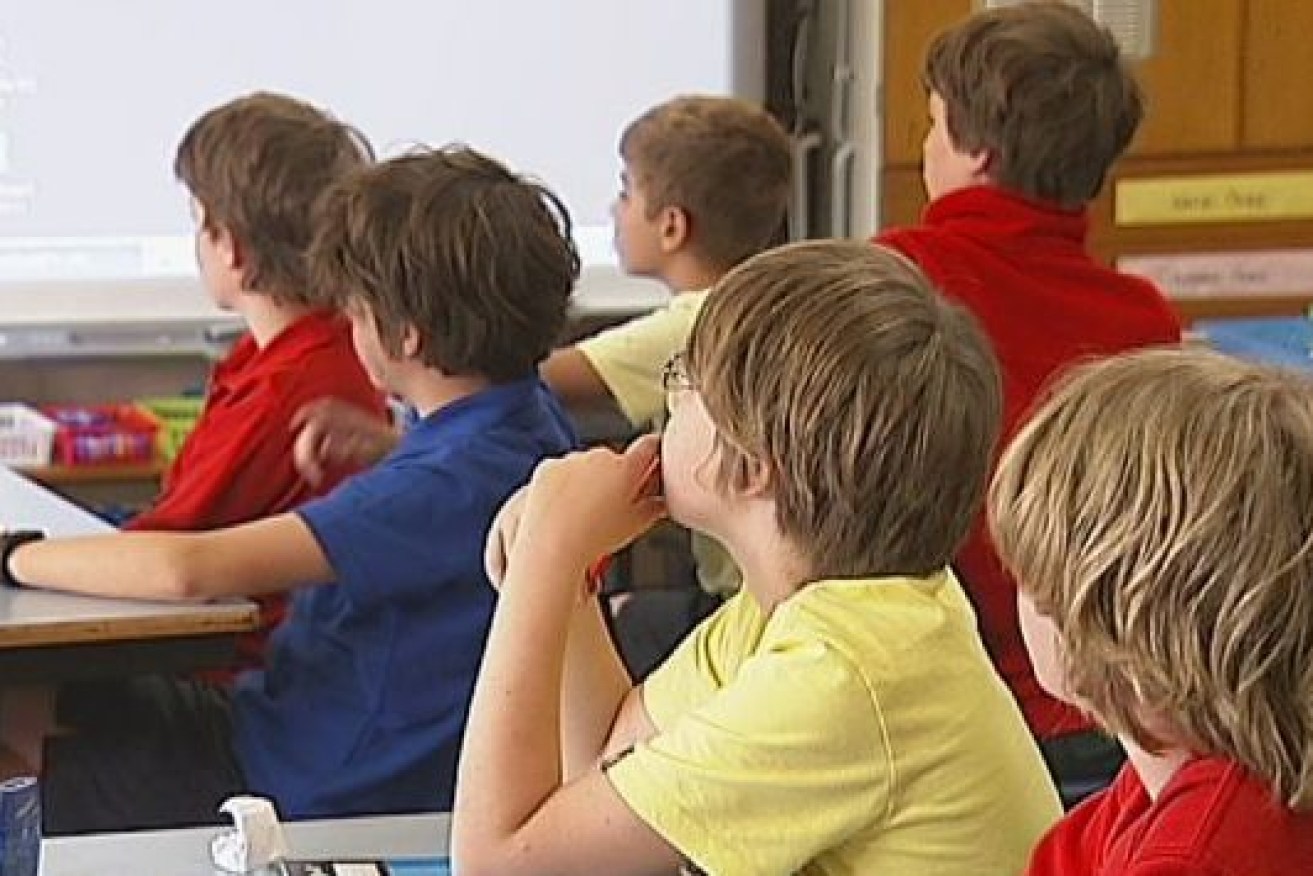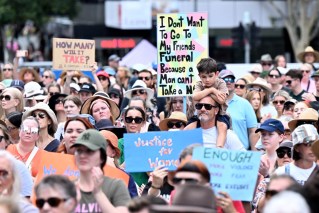Young students should be rapid-tested every second day: expert
Young school children should be taking rapid antigen tests “every other day” to minimise the risk of a Covid-19 breakout in the largely unvaccinated cohort, a leading epidemiologist says.

Soaring education costs were hitting family budgets (Photo: ABC)
Children between the ages of five and 11 became eligible for their first jab on Monday, but with the time to the second dose sitting at eight weeks, Professor Mary-Louise McLaws says schools face an enormous transmission risk.
Children won’t begin to be fully vaccinated until mid-March at the earliest, she told Nine Network on Tuesday.
“Basically, kids will have to still go to school or do school at home, until there is quite a big proportion of them getting vaccinated,” she said.
“So they should be really using rapid antigen tests at least every other day when they are going on to the school site because there could be – unknown to everybody – infected and unvaccinated (children).
“Therefore, all kids could be at risk.”
Prime Minister Scott Morrison has ruled out making rapid antigen tests free across the board.
But speaking ahead of the last national cabinet, ACT Chief Minister Andrew Barr said free RATs in schools was on the agenda and “I think even the prime minister is on board in that context.”
Morrison said plans for the return to school in the coming weeks would be worked through during talks this week.
“It’s obviously a key issue for parents as they are thinking about their children going back to school in a few weeks’ time,” he said on Monday.
Morrison reiterated his preference for students to be back in the classroom on the first day of term, rather than learning from home.
The country’s chief medical officer Professor Paul Kelly said health-based issues would be taken into account before a unified approach was decided.
“It’s related to balancing the wider aspects and the importance of face-to-face learning in schools with the risk of Covid,” he said.
The federal government is also working through supply chain problems after distribution staff shortages resulted in a lack of goods in supermarkets.
Meanwhile, unions are calling for an urgent meeting with the government to discuss the impact of the spread of the Omicron variant of Covid-19 on exhausted essential workers.
Australian Council of Trade Unions Secretary Sally McManus wrote to Prime Minister Scott Morrison overnight with a list of demands warning an “unofficial lockdown” was hurting affected workers.
“The prime minister has not heard from working people and we are on the front lines,” Ms McManus said in a statement on Tuesday.
“Australian workers are not ok at the moment.
“We have never had so many working people sick at once.
“Healthcare workers are exhausted, people are anxious and uncertain.”
The demands include the restoration of pandemic leave for workers who are close contacts of infected colleagues, rather than just household contacts.
Unions also want free rapid antigen tests for all and for the tests to be prioritised for frontline workers until supply issues are resolved, and requirements for masks at work to be at N95 or P2 standard.
“Many are losing pay while sick as they have no sick leave,” Ms McManus said.
“Others are losing hours and their jobs as businesses close or cut back in what is turning into an unofficial lockdown.”
Australia on Monday passed one million Covid-19 cases since the pandemic began two years ago.
Of that total, one-quarter were recorded in the last four days.












